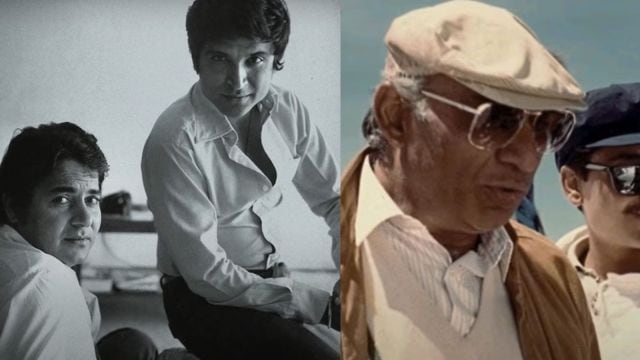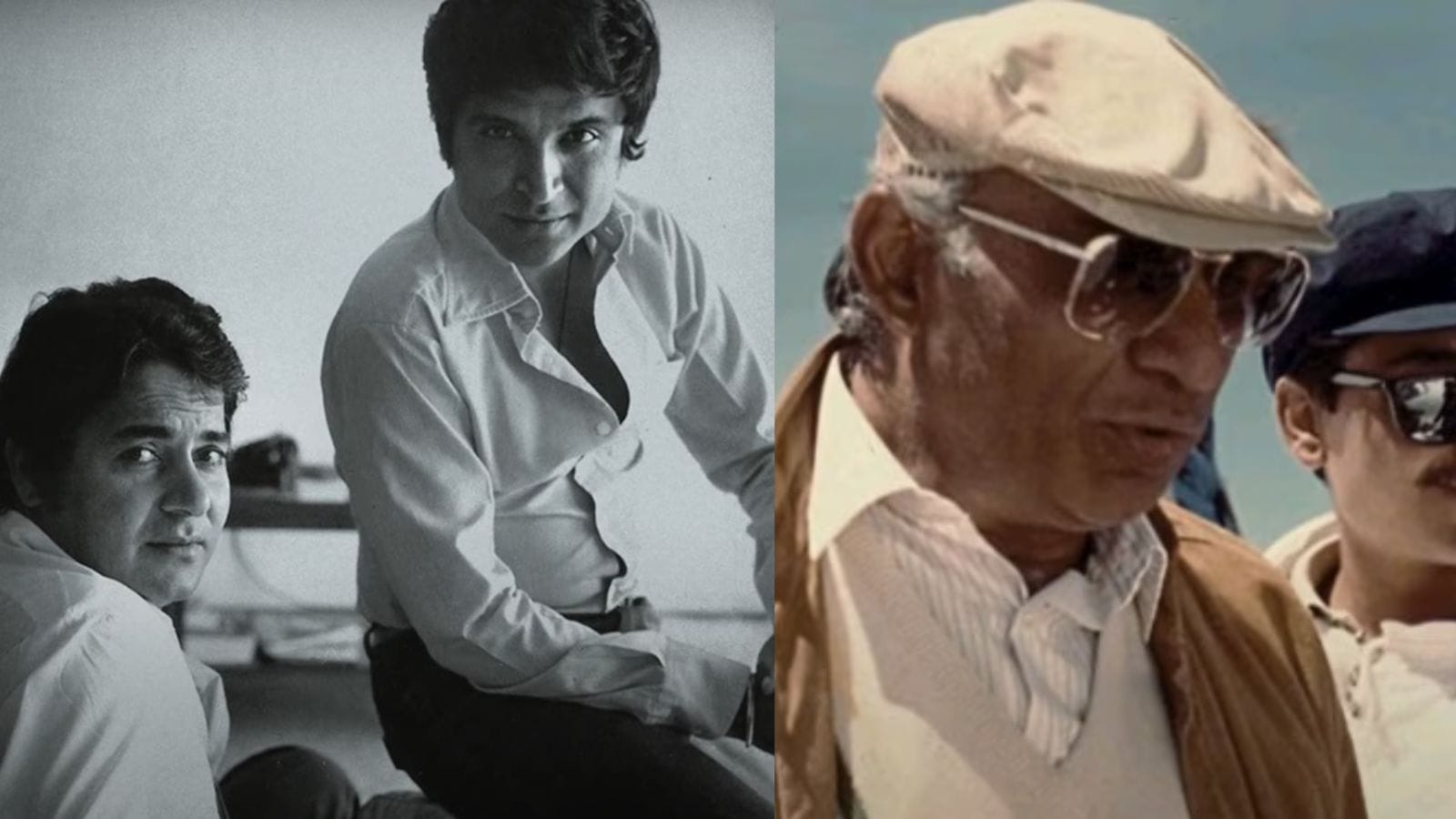
Nostalgia is having its moment. Multiplexes are re-releasing older films. OTT series are being made on the greats of Hindi film history. If everyone is interested in diagnosing the “crisis” of the Mumbai film industry, then this official remembrance feels like an intervention. It is seeking to remind us of our relationship to cinema-going’s joys. It makes financial sense to the theatres and emotional sense to the fans. Nostalgia is its preferred marketing strategy, but it is also inviting younger people to experience older films in the theatre. A rewatch can be done anytime, the attraction here is the cinema experience.
If you rewatch these films to want to know what makes them “great” though, you’ll be disappointed. It is not just that the selection feels random. (Among many others, the re-releases have ranged from Rockstar, Maine Pyaar Kiya, Laila Majnu, Rehna Hai Tere Dil Mein, to Tujhe Meri Kasam, Veer-Zaara and Padosan in the coming weeks). The lens of greatness is the least interesting way of looking at something that could possibly be great. This is what the two OTT series on Bombay cinema — Angry Young Men on the screenwriters Salim-Javed and The Romantics on Yash Raj Films — got wrong. Barring some perceptive moments, both series were so preoccupied with doing good PR that they forgot to pay closer attention to the very thing that made their subjects interesting — their work. There must be other ways of remembering.
There is the work of fandom, for instance, often relying on its own memory and rituals. It makes its object of fandom its own. It can be both fan and critic. Most importantly, it knows joy. The pleasure of watching an older release with the sincerity of being its intended audience, without any space for irony, is unmatched. I saw a re-release show of the 2001 film Rehna Hai Tere Dil Mein and surprised myself by remembering each and every song from start to end without any effort. It was a memory untouched by passing time.
Then there is another kind of active remembrance. One that pays ode to the past. Salim-Javed are great examples. As Diptakirti Chaudhuri demonstrates in her book on the writers, they were good students of older Hindi cinema. Their most iconic film plots and scenes are built on the eternal dilemmas of the popular melodramas that came before them. This is the ability to externalise a self in crisis. A self that is split between loyalty to societal norms versus one’s inner reality. In a society like ours, where we are always hiding our complex selves, these dilemmas resonate till today.
Take Deewar’s “mere paas maa hai” scene. Ravi and Vijay are brothers, but are also on the opposite sides of the law. In their standoff with each other, Vijay asks Ravi to identify which version of him he has brought to their conversation: “Am I speaking to my brother or the police officer?” Eventually, as the rhythmic dialogue exchange progresses, Ravi throws a hurtful insult at Vijay, “Mujrim bhai ka bhes badal kar bol raha hai” (A criminal has come in the disguise of my brother).
The dialogue and the conflict are reminiscent, surprisingly, of a scene from Mughal-e-azam.
Akbar’s loyalty too was split between being Salim’s father and being the Emperor of Hindustan. Watch the scene between Akbar and Salim right before they go to the battlefield against each other and you will find the origin story of the use of the word “disguise”. Salim taunts his father, “Shenshah baap ka bhes badal ke aaya hai” (The emperor has come in the disguise of my father). Despite their playfulness, the emotional truths these scenes capture are startling. Likewise, the now-iconic “mera baap chor hai” line appears to be a reworking of a throwaway reference from Shree 420.
What kind of relationship to film history does this referencing reflect? It is the work of close observation, possibly born out of its own re-watching (with or without depending on a re-release). It has observed what has come before, taken it very seriously but is unafraid to reinterpret it. It is not falling into the trap of reverence, but is still a tribute — one that understands the fascinating relationship between the popular film and its audience.
The climax of the “mere paas maa hai” scene is a clue to this relationship. We are on the side of Vijay, the angry young man, but we like watching the morally correct Ravi have the last word. In this exchange, the mother will not be allowed any transgression. She has to be on the side of the law-enforcing son (though the film will complicate this too by emphasising her conflicted self in a later scene). The script has understood that we want to see Vijay lose even though we identify with his anger. It understands the audience’s repressed self, unwilling to show allegiance to what it identifies with. Perhaps when popular cinema loses its current self-consciousness, it might go back to making us feel seen again. With all our hypocrisies. Till then, we will watch re-releases in a disorienting mix of nostalgia and pleasure.
The writer is a film scholar and critic based in Delhi



